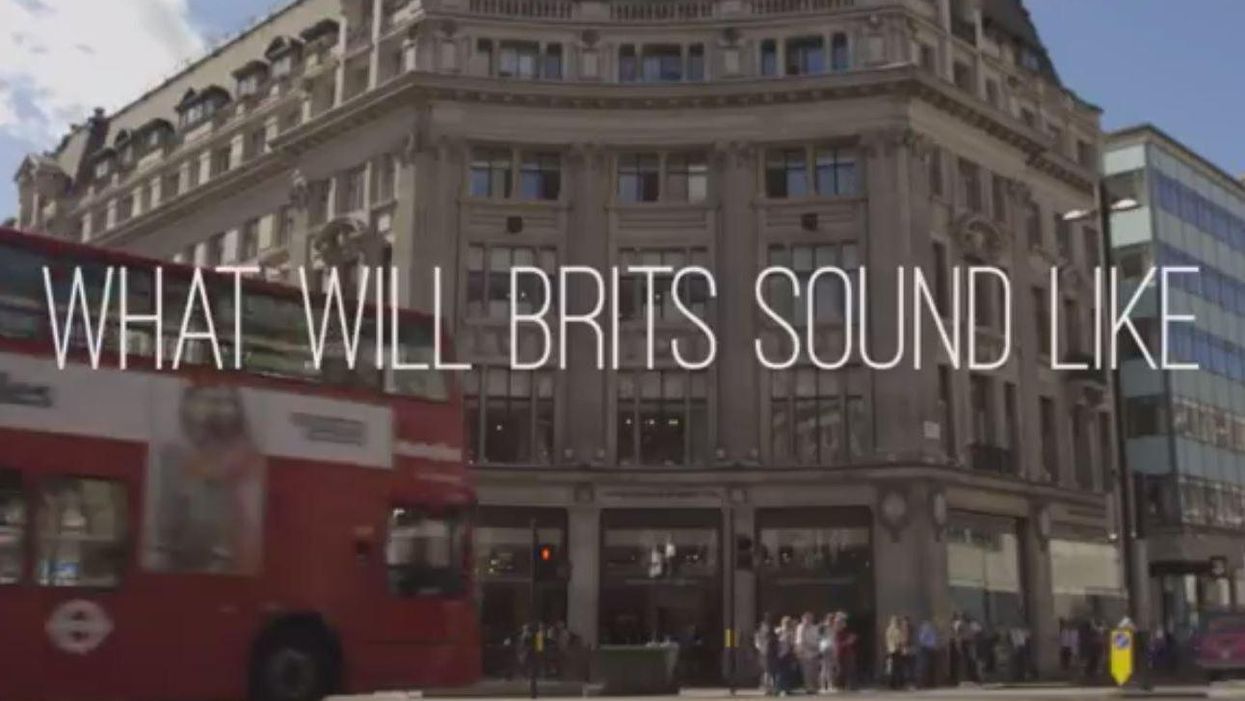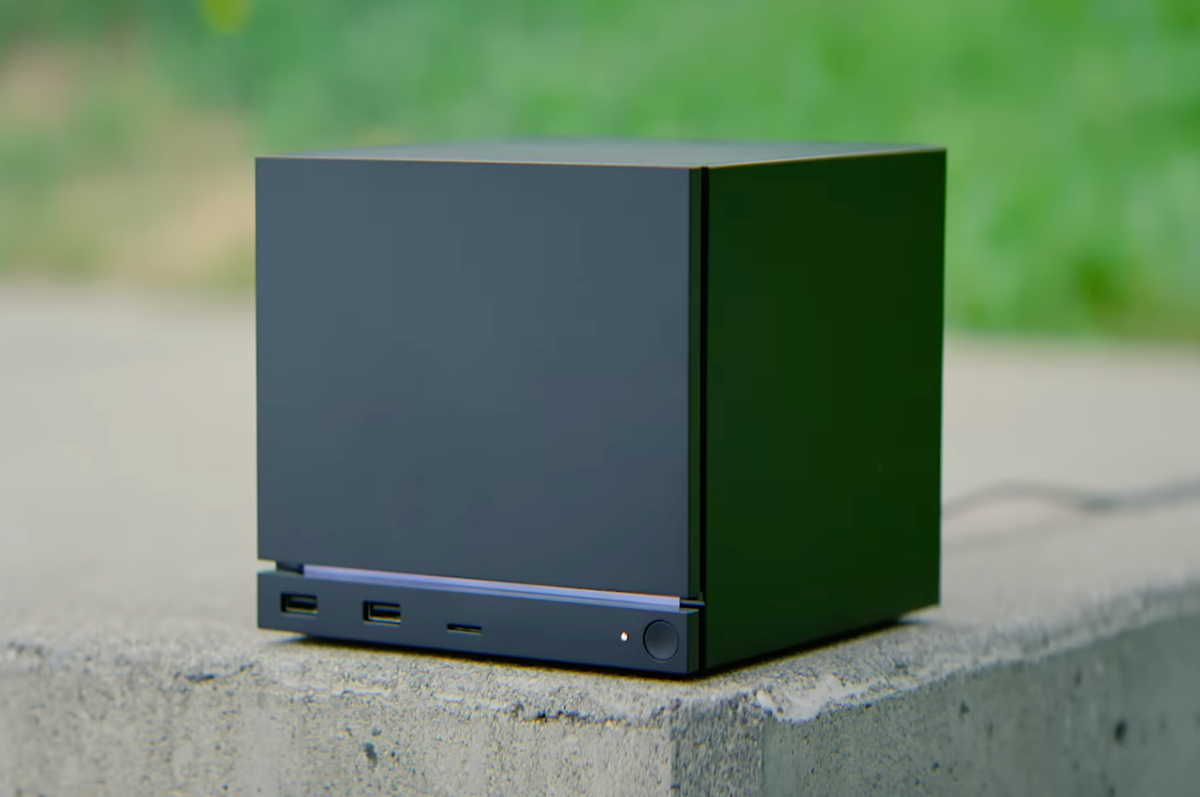
In 50 years, ‘muvva’ rather than ‘mother’ is probably going to be the standard way people address their mum, according to new research.
HSBC has released a new report which attempts to predict what British regional accents will sound like in 50 years, based on current linguistic trends.
The report, by linguistic experts Dr Dominic Watt and Brendan Gunn, writes about specific words that will develop to sound different to the modern day.
The reasoning behind the change is the general trend of shortening words and simplification of pronunciation.
They also looked at trends in different regions:
London:
- Think will become 'fink'
- Mother will become 'muvva'
- Trees will become 'cheese'
An average sentence, for example:
I think that care is a beauty
will become:
I fink that car is a booty
Manchester:
- 'Manchestohr' will become 'Manchestuh'
- 'Aapeh' (happy) will become 'happee'
- Toast will become 'terst'
An average sentence:
Manchestohr makes me aapeh
Will be:
Manchestuh makes me happee
Birmingham:
- Proice (price) will become 'praayce'
- Yow (you) will become 'yoo'
- Aom (home) will become 'haom'
An average sentence:
Yow are a great sing-guh
Will be:
Yoo are a great singuh
Liverpool:
'C-a-khe' (cake) will become 'Ch-ahhche' (emphasising the ‘–ch’) sound
'Faav' (five) will become 'Faayv'
Top will become 'Toff'
So the average sentence:
A c-a-khe with faav candles
Will be:
A ch-ahhche with faayv candles
Francesca McDonagh, Head of Retail Banking and Wealth Management at HSBC, said:
Just like your fingerprint, your voice print is unique and even if your voice changes due to getting older, relocating home or feeling ill, our voice biometrics system will be able to identify you without needing to spend time remembering passwords that you may have set many years ago.
Our accents and use of language will be changing over the years, but our voice biometrics technology doesn’t make a judgement about how you sound; you just need to be you.
You can watch a video about it, below:

More: These are the most hated words in the English language












